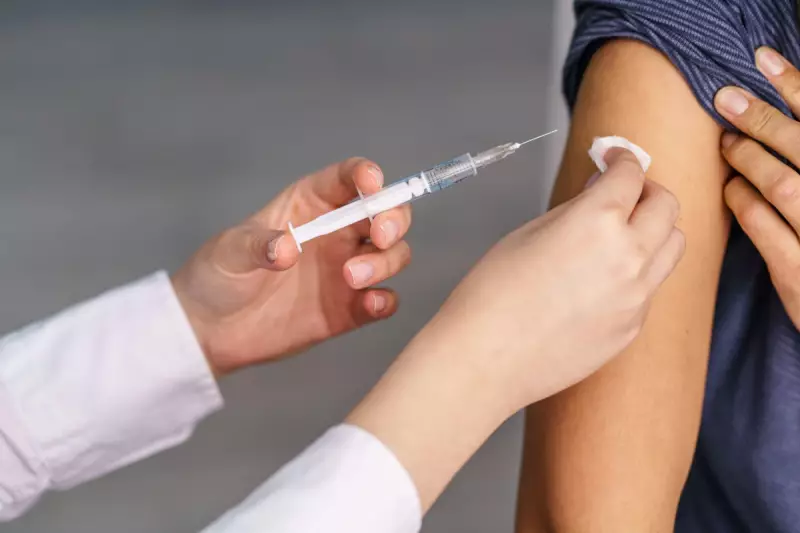
The fight against cervical cancer has achieved a monumental victory, as new data from the UK reveals a stunning 90% reduction in the disease among women who received the human papillomavirus (HPV) vaccine.
This dramatic drop, described by experts as 'historic', is primarily seen in women who were immunised at age 12 or 13. The study, published in the Journal of the Royal Society of Medicine, offers the strongest real-world evidence yet that widespread vaccination can effectively eradicate the majority of cervical cancer cases.
A Generation Protected
The research, led by Cancer Research UK, analysed NHS data from women who were offered the vaccine between 2008 and 2012. The results were nothing short of transformative:
- 87% reduction in cervical cancer cases in women vaccinated aged 12-13.
- 62% reduction in those vaccinated between ages 14-16.
- 34% reduction in those vaccinated between ages 16-18.
This clear 'younger is better' effect underscores the critical importance of early immunisation, before exposure to the virus.
How the HPV Vaccine is Changing the Future
Nearly all cervical cancers (more than 99%) are caused by persistent infection with high-risk HPV types. The vaccine, initially protecting against two of these types (16 and 18), has now been shown to have a powerful 'herd immunity' effect, reducing the circulation of the virus in the population.
Professor Peter Sasieni, a lead author of the study from King’s College London, stated the findings are “even better than we expected” and suggest the vaccine program “will prevent almost everyone from getting cervical cancer” if high uptake continues.
The UK's Successful Immunisation Programme
The NHS programme, which initially offered the vaccine to girls aged 12-13 and has since been extended to boys, has seen impressive uptake. This high participation rate has been crucial to its success, creating a powerful shield of community protection.
The study also noted a significant reduction in pre-cancerous cell changes (CIN3), which are the precursors to cervical cancer, further solidifying the vaccine's role as a preventative tool.
What This Means for Cervical Screening (Smear Tests)
While the vaccine is a powerful tool, experts are quick to emphasise that it does not replace the need for regular cervical screening (smear tests). The current programme invites women and people with a cervix from age 25 to 64 for testing.
The long-term success of the vaccine may eventually lead to changes in how screening is conducted, potentially allowing for fewer, more targeted tests in the future. For now, attending your scheduled smear test remains a vital part of cervical health.
This breakthrough represents one of the most significant advances in cancer prevention, turning the tide on a disease that once claimed thousands of lives annually and paving the way for a future where cervical cancer is a rarity.





